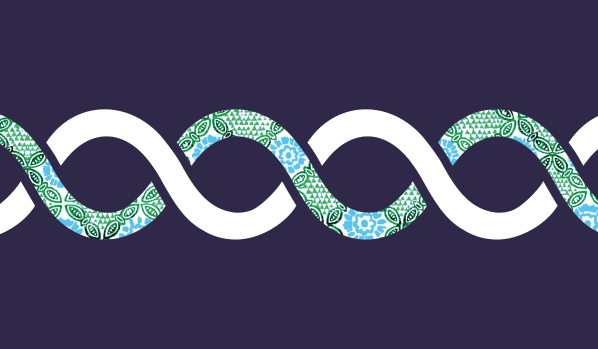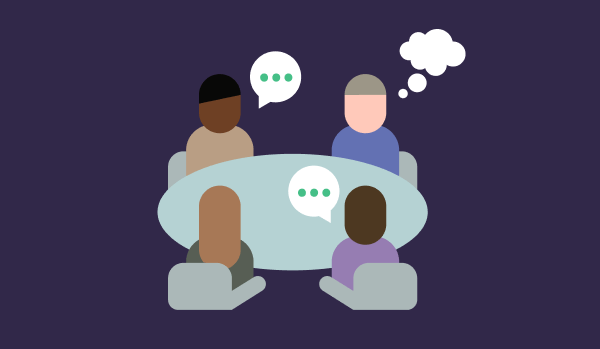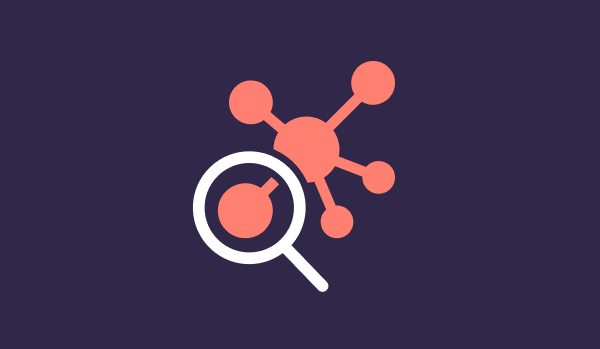Frequently asked questions
These studies differ significantly, although all are involved in human genetics.
Genomics England, owned by the UK Department of Health (NHS), studies NHS patients with specific cancers and rare inherited diseases in the 100,000 Genomes Project. This project is distinct from Genes & Health as it combines research, clinical services, and NHS transformation in very focused areas of disease.
UK Biobank and Our Future Health are large UK-based studies with multiple partners researching across health and disease. However, both studies undertake much more detailed clinical assessments of their volunteers, including blood tests (Our Future Health) and more extensive tests (UK Biobank). UK Biobank has completed its recruitment of volunteers and includes very few South Asian people.
23andMe and Ancestry are private companies that offer ancestry and specific health-related tests for sale to anyone. 23andMe do conduct high-quality research, but it varies from what Genes & Health aims to accomplish. 23andMe provides feedback on your genetic information, whereas Genes & Health does not.
Many Genes & Health researchers work across all of these studies to complement our own data and make more powerful discoveries.
Eligibility
Yes, you can still take part in Genes & Health and it is safe to do so.
Some Genes & Health volunteers are invited to join more detailed research studies, and if this happens to you you can let the study team know that you are pregnant and have a discussion about whether to take part or not.
Taking Part
No, you will not receive payment for volunteering in Genes & Health.
Some volunteers are invited to take part in a more detailed study (called a ‘recall study’), and at that time you may be offered payment to cover your time, inconvenience, and travel costs. Payment amounts are based on volunteer involvement and are regulated by the Research Ethics Committee.
Yes, you can assist in filling out the English version of the forms on their behalf, ensuring the answers reflect their views. We did previously have translations of the consent form and questionnaire in Bangla and Urdu, but found these were not liked by volunteers and could be inaccurate. Also, our bilingual team are always happy to help translating.
However, volunteers must personally sign and date the Volunteer Consent form as a study requirement.
What happens after volunteering
We do not provide volunteers with genetic results from their spit sample. We follow established guidance on this, supported by the Medical Research Council and Wellcome Trust as well as other large genetic studies.
Some volunteers will be invited to participate in further detailed research studies (called a ‘recall study’). If volunteers wish to know the reason they have been invited to these studies, then the research team will be able to discuss this with them. During these studies, if the research team uncovers anything ‘clinically actionable’ (e.g. severe anaemia, or undiagnosed diabetes) then they will contact you and your GP to follow up on these.
Data and confidentiality
Cloning has a lot of different meanings in scientific research. We do not routinely perform cloning in Genes & Health.
Some volunteers may be invited to participate in more detailed research studies (recall) and occasionally these studies may wish to work on cells isolated from blood samples. Cells can sometimes be used to make ‘induced pluripotent stem cells’ (iPSCs) that offer significant potential to understand disease and treatment at a cellular level. The Genes & Health Community Advisory Group and British Islamic Medical Association are supportive of this research, but we will always ask volunteers for their permission if we are going to work on iPSCs.
Ensuring robust data security is the highest priority for the Genes & Health team. When you take part in Genes & Health you donate a small sample of your spit (2ml), which is the equivalent of half a teaspoon. You also give us permission to access your NHS health information.
Your spit sample with be analysed in a laboratory, where our scientists will have a close look at your DNA. Your sample will be assigned a unique study code to ensure that your data and information remains private and confidential. We then use a special pseudonymised link code to connect your genetic information with your NHS health information to study diseases and treatments. Our data is kept in a highly-secure Trusted Research Environment (fully ISO27001 Certified).
Participating in recall studies
It depends on the study visit that you have been invited to. The study team will notify you before your appointment if you need to stop or change any of your medication prior to your study visit.
Please bring any regular medication with you to your appointment.
















